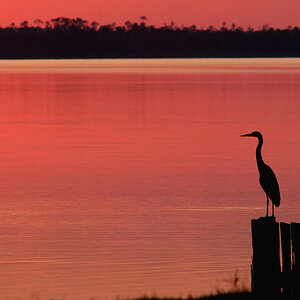photoboy15
TPF Noob!
- Joined
- Nov 16, 2005
- Messages
- 130
- Reaction score
- 1
I was having a discussion with some fellow photographers about DSLR's. We had a good mix of Nikon and Canon guys so the 2 big guys were represented. We came to a conclusion that the full frame has the most advantages. The only reasons for a sub frame were if you wanted to use Nikon and the price. I wanted some more opinions from the TPF people.



![[No title]](/data/xfmg/thumbnail/38/38733-21217cf4fc7d197a2f8b1e0e2d17b5a5.jpg?1619738703)
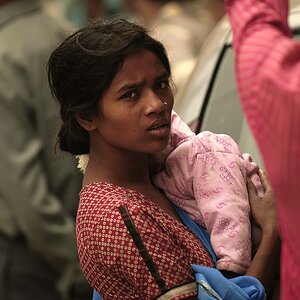
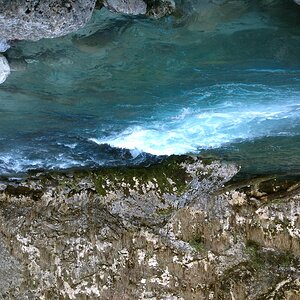
![[No title]](/data/xfmg/thumbnail/35/35876-de9861d35b5abad8ad1cf7c32772c9fb.jpg?1619737202)

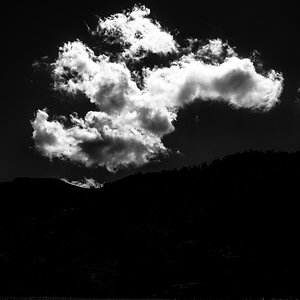
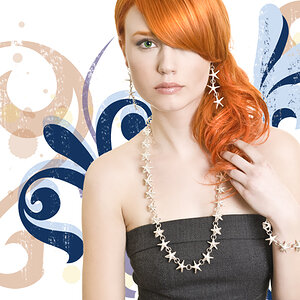
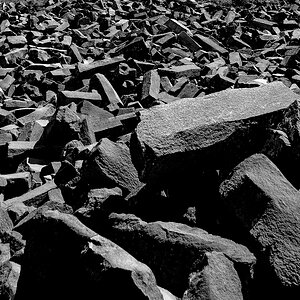
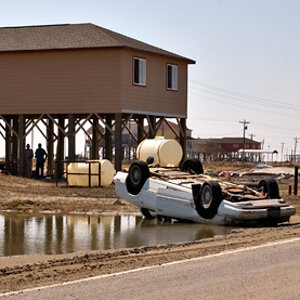
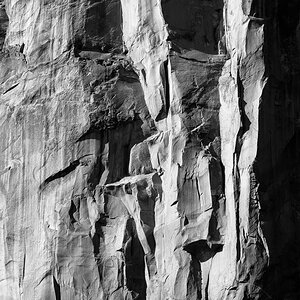
![[No title]](/data/xfmg/thumbnail/38/38736-5bc266b035e23faf5ad942bdd97466a8.jpg?1619738703)
